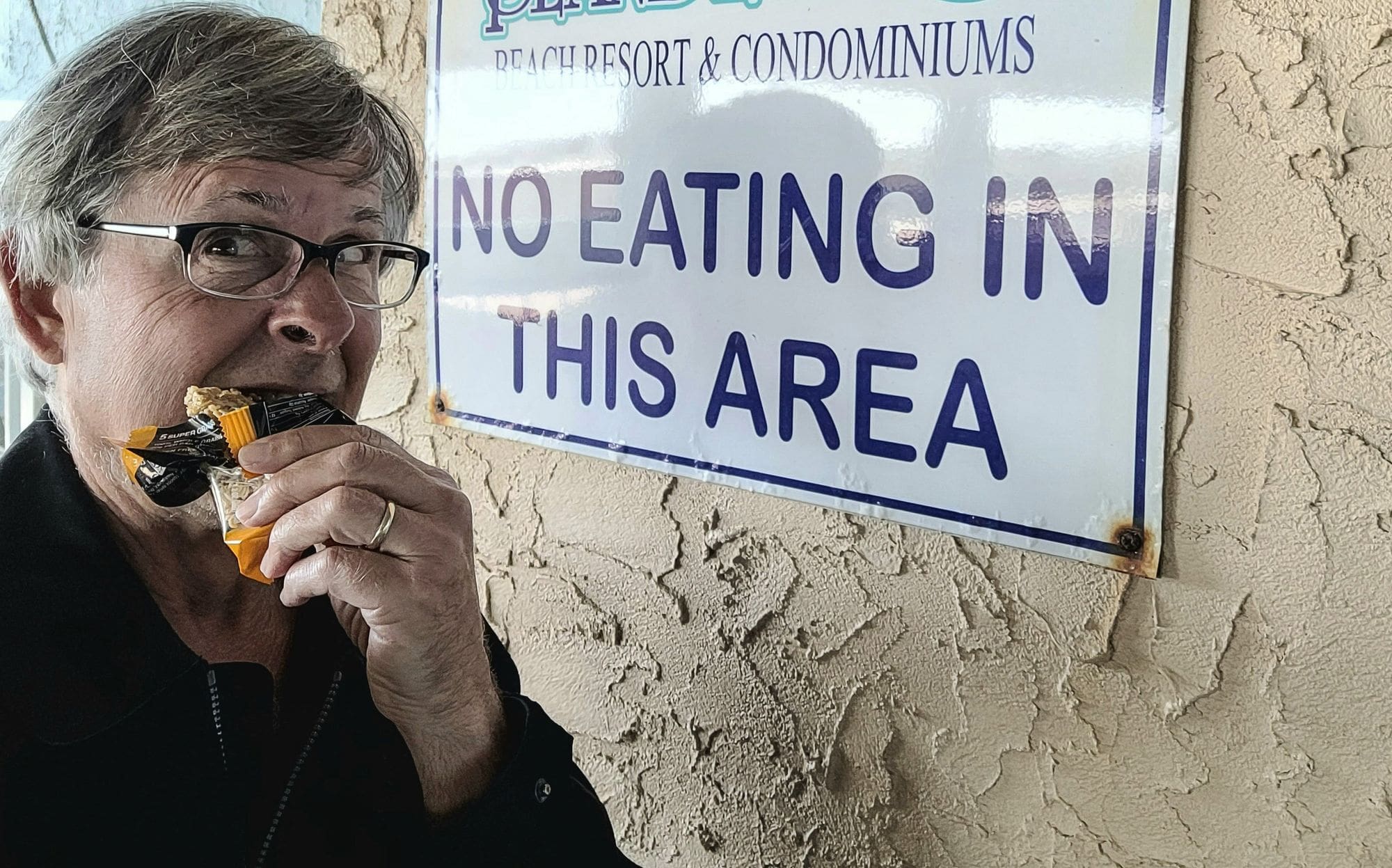Living in a homeowners' association (HOA) or condo association in Florida entails abiding by rules and regulations established by the association. These guidelines, often outlined in Covenants, Conditions, and Restrictions (CC&R), play a vital role in maintaining community harmony and preserving property values. In this blog post, we will explore the importance of understanding and complying with rules, regulations, and CC&R in HOA and condo associations in Florida.
Enforcing Community Guidelines and Restrictions:
HOA and condo associations enforce community guidelines and restrictions to maintain a desirable living environment for all residents. These guidelines may cover aspects such as architectural controls, landscaping requirements, noise restrictions, parking regulations, and pet policies. Understanding and following these guidelines help ensure a harmonious community and protect property values.
Architectural Controls and Approval Processes:
Many HOA and condo associations have architectural controls in place to maintain consistency and aesthetics within the community. Homeowners who wish to make exterior modifications or additions to their property, such as renovations, landscaping changes, or new construction, typically need to obtain approval from the association's architectural review committee. Understanding the approval process and adhering to architectural guidelines is essential to avoid potential penalties or the need for costly revisions.
Consequences of Non-Compliance:
Non-compliance with rules, regulations, and CC&R in HOA and condo associations can result in consequences. The association may issue warnings, impose fines, or take legal action to enforce compliance. It's important for homeowners to be aware of the potential consequences of non-compliance and the steps involved in resolving any violations.
Dispute Resolution Options:
In the event of a dispute regarding rules, regulations, or CC&R, homeowners in HOA and condo associations have various options for resolving conflicts. Mediation, arbitration, or legal action may be available depending on the severity of the dispute. It's important for homeowners to understand these options and follow the designated procedures for dispute resolution outlined in the association's governing documents.
Balancing Individual Rights and Community Interests:
Rules, regulations, and CC&R in HOA and condo associations are designed to balance individual rights and community interests. While homeowners have certain freedoms and rights, it's crucial to consider the impact of one's actions on the overall community. Respecting and complying with community guidelines contribute to a harmonious living environment for all residents.
Promoting Community Engagement:
Understanding and complying with rules, regulations, and CC&R in HOA and condo associations can foster community engagement. Homeowners can actively participate in the decision-making process, serve on committees, and propose changes to guidelines when necessary. By engaging with the community and contributing to the development and revision of rules, homeowners can help shape the community's future.
Seeking Legal Advice:
If homeowners have concerns or questions regarding rules, regulations, or CC&R, it may be beneficial to seek legal advice. Consulting with an attorney specializing in community association law can provide guidance on interpreting and navigating the guidelines. Legal professionals can help homeowners understand their rights, obligations, and potential courses of action when disputes arise.
In conclusion, understanding and complying with rules, regulations, and CC&R in HOA and condo associations in Florida is essential for homeowners to maintain community harmony, preserve property values, and contribute to a desirable living environment. By following guidelines, respecting architectural controls, and actively engaging with the community, homeowners can play a role in shaping the success and well-being of the association.


